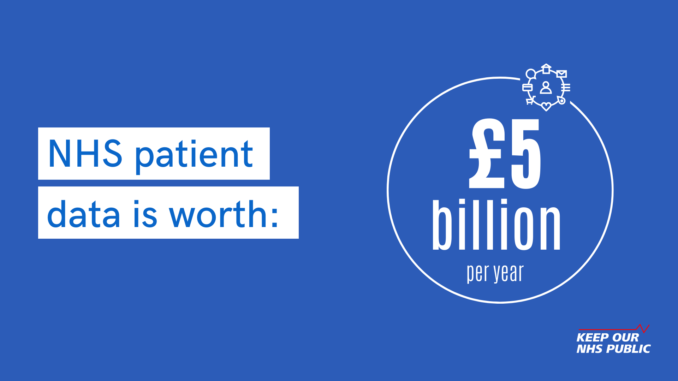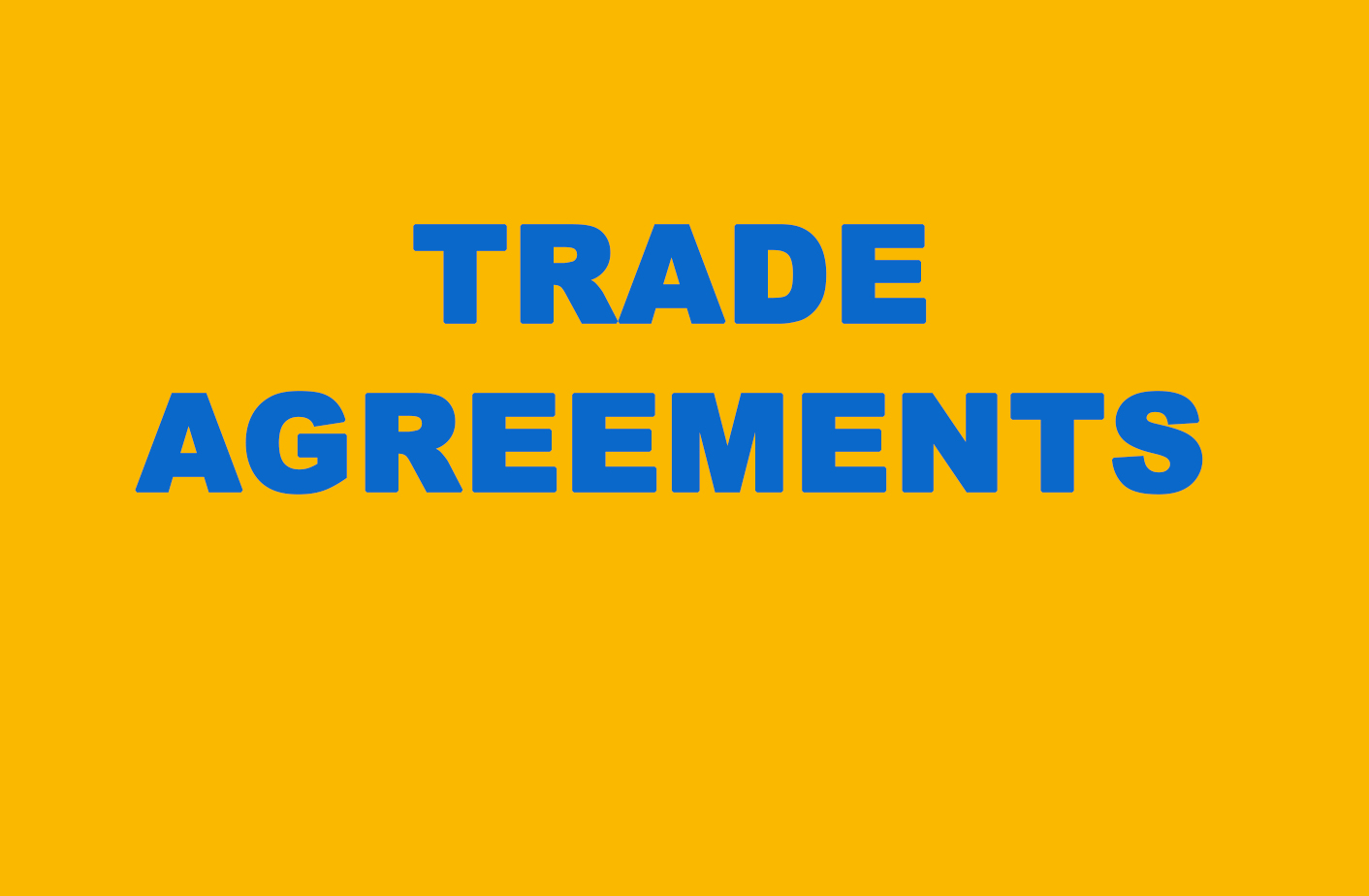Including the NHS in trade deals leaves the NHS more vulnerable than ever to further privatisation, as it will allow Governments and organisations in other countries to be able to demand they are able to bid for NHS contracts when they are put up for tender.
It also means that any future attempts to increase public ownership of the NHS and increase the Government’s responsibility for it could be legally challenged by oversees companies and Governments.
Data privacy
The NHS holds one of the world’s most valuable stores of patient data, estimated to be worth around as £5bn per year. It is also estimated to offer around £4.6bn a year in benefits to patients through savings to the economy and enhanced patient outcomes if used to assist in the development of personalised medicine and artificial intelligence.
Some companies have already gained access to NHS data and not been charged for it even though they could make money from it. Amazon was given NHS patient data to develop health apps and Google-owned DeepMind used patient data to develop a health app with the Royal Free NHS Trust.
Though patients are currently relatively well protected by European Union GDPR regulations, there are fears these could be removed from UK law, or undermined by future trade deals as other countries seek to protect the interests of their own digital companies.
Next section: Health and Care Bill 2021
In this section Keep Our NHS Public has created a number of articles to help you explore the different ways the NHS is being privatised.
Read our definition of NHS privatisation.
You can find a summary of these on our page: How is the NHS being privatised?
Read in more detail about the different mechanisms being used to privatise the NHS:


